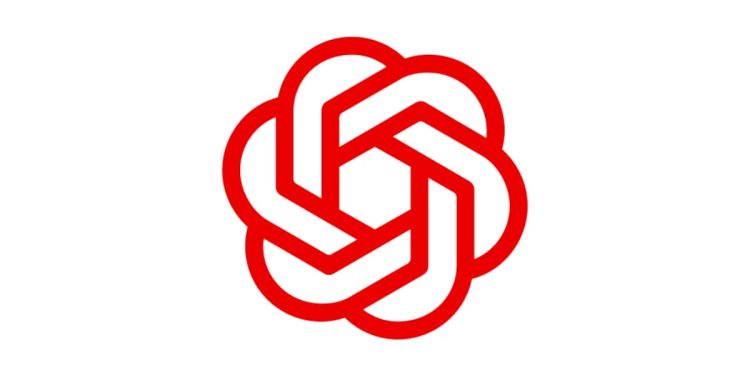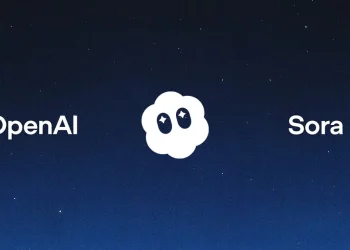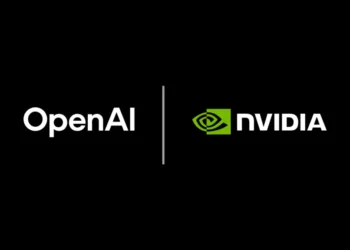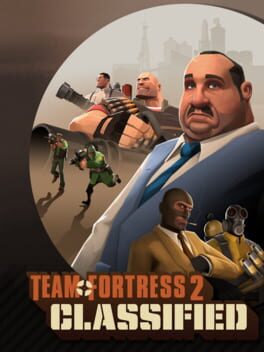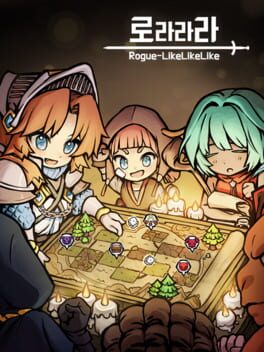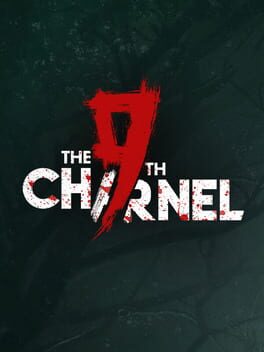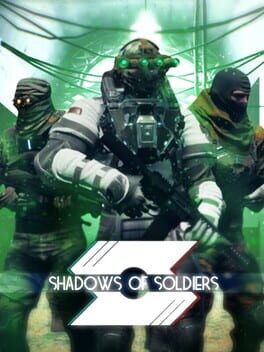OpenAI CEO Sam Altman recently shared surprising thoughts about how young people use ChatGPT. At the Sequoia Capital AI Ascent conference, he revealed that many young users don’t make life decisions without consulting the chatbot first. While Altman calls this trend “cool,” it raises serious questions about AI’s role in personal choices.
Altman explained that ChatGPT “has the full context on every person in their life and what they’ve talked about,” which might explain why some rely heavily on it. He contrasted this with older users, who treat ChatGPT more like a Google alternative. That’s a bit safer, considering the AI can sometimes produce wholly wrong or misleading answers.
But here’s the twist: trusting an AI to guide your life is a different ballgame. AI isn’t human. It can’t truly understand emotions, relationships, or the nuances of real-life problems. It just processes data and spits out responses based on learned patterns. Even if it “knows” your social circle’s context, it can’t replace actual human connection or empathy.
Using Google or Reddit for advice at least lets you see where the info comes from or hear from real people. ChatGPT, in contrast, can blur those lines, making it tricky to tell if you’re getting genuine human insight or just AI-generated text.
There are real risks here. Some stories are downright chilling. For example, a woman ended her marriage after her husband became obsessed with conspiracy theories fed by an AI. Another case involves parents suing Character.ai because their children’s chatbot interactions included harmful content and even encouragement of violence.
These examples highlight how AI chatbots can create confusing or damaging relationships, especially for kids who might struggle to separate AI conversations from real friendships. It’s easy to imagine how this could lead to people relying on AI for all their life choices or having trouble building genuine connections.
So, while Sam Altman finds this trend “cool,” it’s worth thinking twice. Our world already suffers from social isolation and division. Maybe we need more human talk, not more AI advice.
What do you think about young people turning to AI for life guidance?
Watch Sam Altman’s talk here:

